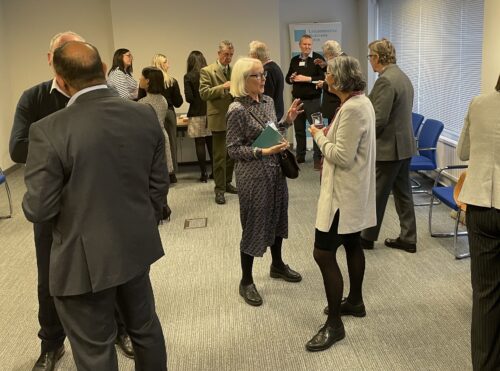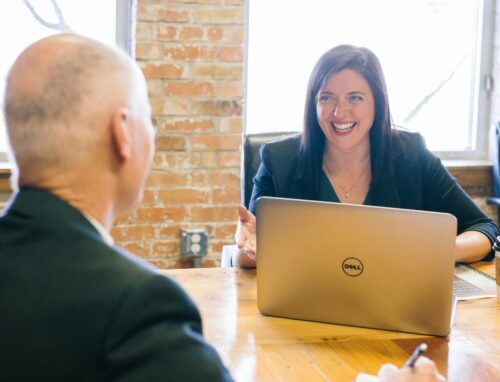News & views
Council drops workplace parking levy proposals due to cost-of-living crisis
8 November 2022

Leicester City Council has announced that proposals to introduce a workplace parking levy (WPL) in Leicester in 2023 will not be developed.
Jane Cowley, LBV board member said: “LBV surveyed members about the proposed Workplace Parking Levy earlier this year and we’re glad to see that this decision reflects the majority of their views and concerns. It’s really positive to see LBV at heart of this discussion and our members and stakeholders having the opportunity to shape the strategy. We also echo the Council’s recognition of a need for more public transport investment and a desire to support a more sustainable city and county.”
Please read the Leicester City Council statement at this link or below…
Deputy city mayor Cllr Adam Clarke says the current political and economic circumstances make it impossible to proceed with the levy, although the council’s long-term commitment to improve public transport in the city remains the same.
“We made a commitment in 2019 to consult on a levy in Leicester, and at that time we could not foresee the political uncertainty and dire economic situation the country is facing today. We have concluded that we cannot implement a WPL during this ongoing national cost of living crisis, which is causing such uncertainty and concern for so many people and businesses in our city.
“The consequence of this of course is that we won’t have the funding needed to radically improve public transport for so many of our residents, which would in turn help to tackle the climate emergency. In truth, simply maintaining the current levels of service will be a huge challenge.”
The workplace parking levy consultation was carried out in the spring and generated more than 4,000 written responses.
Cllr Clarke said: “We would like to thank everyone who took part in the consultation. We also met with many local business, school, NHS and trades union leaders, to listen to the views of those they employ or represent, and we are grateful for their input.
“I am particularly grateful for the input from transport and environmental campaigners and want to reassure them that we will continue to focus on cleaning the air and reducing Leicester’s carbon footprint.”
The consultation findings will be available at: https://consultations.leicester.gov.uk/sec/wpl
Transport improvements made in Leicester over the last few years include the formation of the Leicester Buses Partnership, and the expansion of the city’s fleet of all-electric buses with more than 100 new vehicles set to be on the roads in the next two years.
There has also been investment in the country’s first net zero carbon bus station at St Margaret’s; the development of new bus priority corridors linking the city centre to local neighbourhoods; and the expansion of the city’s network of safe and attractive routes for pedestrians and people on bikes.
Leicester City Mayor Sir Peter Soulsby said: “We have made enormous improvements in Leicester in recent years thanks to successful bids for funding that we have had to compete for against other local authorities. However, our long-term aims require significant and reliable ongoing funding that is not currently available.
“We can only hope that before too long there will be a Government in place that will have the vision to transform public transport in this country, and will provide the funds to do it.
“As it stands, severe Government spending restrictions already in place mean we have a shortfall in our budget of many tens of millions, and it’s likely the Chancellor will announce further cuts to public services in November. This means we will be taking difficult decisions on all council services including transport over the next few months.”
“In the meantime we need to continue to raise funding to support our existing public transport facilities, tackle the climate emergency and carry out improvements where we can, and that is why we are taking the decision today to increase our car parking charges for the first time in eight years.
“We also need to look at how we can increase passenger numbers and reduce the large subsidies being given to some bus services, including park and ride, which have been severely affected by the pandemic.”








